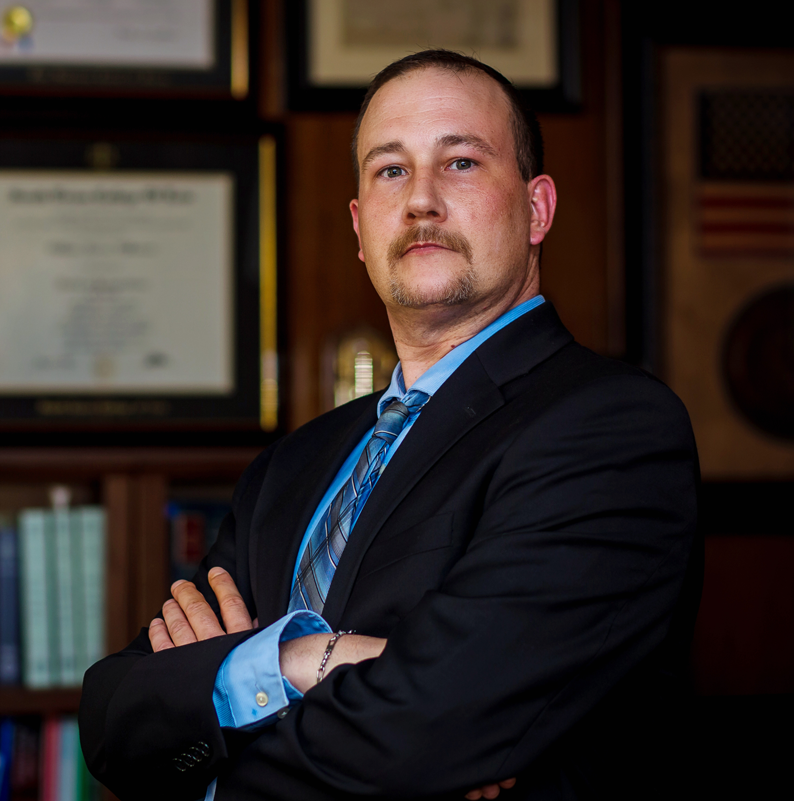Young persons could make mistakes that lead to errors in judgment, which may involve criminal activities, such as burglary or drug possession. A juvenile offender could face serious legal consequences when arrested and charged with a crime in Texas. Even if the young person receives probation at sentencing, the juvenile may contend with a permanent criminal record that affects them well into adulthood. Raising awareness about juvenile development and behaviors may lead to the juvenile justice system committing to more equitable treatment of offenders.
Juveniles and developmental science
A young person might lack world experience when making decisions, but their brains are still developing, which affects decision-making. So, a young person could act impulsively or become prone to emotional responses. Such behaviors could get them into legal trouble if they break the law.
Developmental issues could make a young person prone to succumbing to peer pressure, leading to poor decisions. Others may engage in high-risk behaviors, including drinking and driving, among other illegal activities. When the young person’s behavior leads to an arrest, the juvenile could face serious charges and potential penalties.
Juveniles and the court system
Juvenile crimes vary in severity, and violent, aggravated crimes could leave the defendant looking at incarceration. However, many juveniles commit property and nonviolent crimes, leaving doors open to probation at sentencing. A movement to revise juvenile probation policies to become more aligned with developmental science research may stress fairer sentencing, but each individual case has its differences. Juveniles could face challenges in court.
Plea bargain deals could work in the accused favor, as pleading to lesser charges may result in a less harsh sentence. Seeking leniency at sentencing might also help a juvenile offender.

